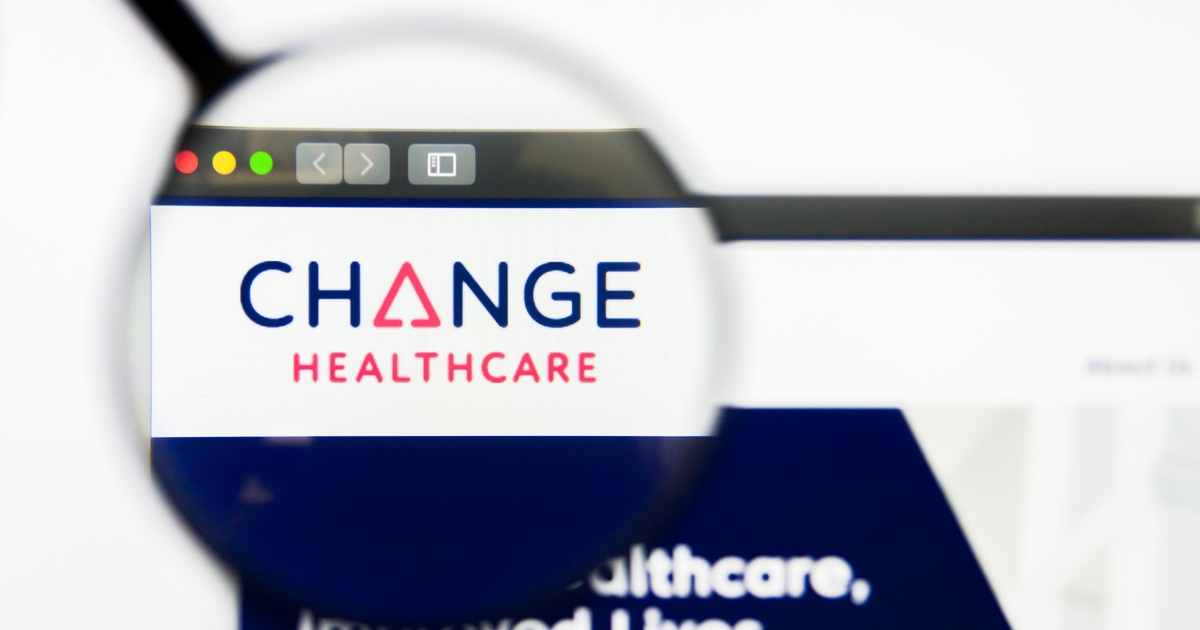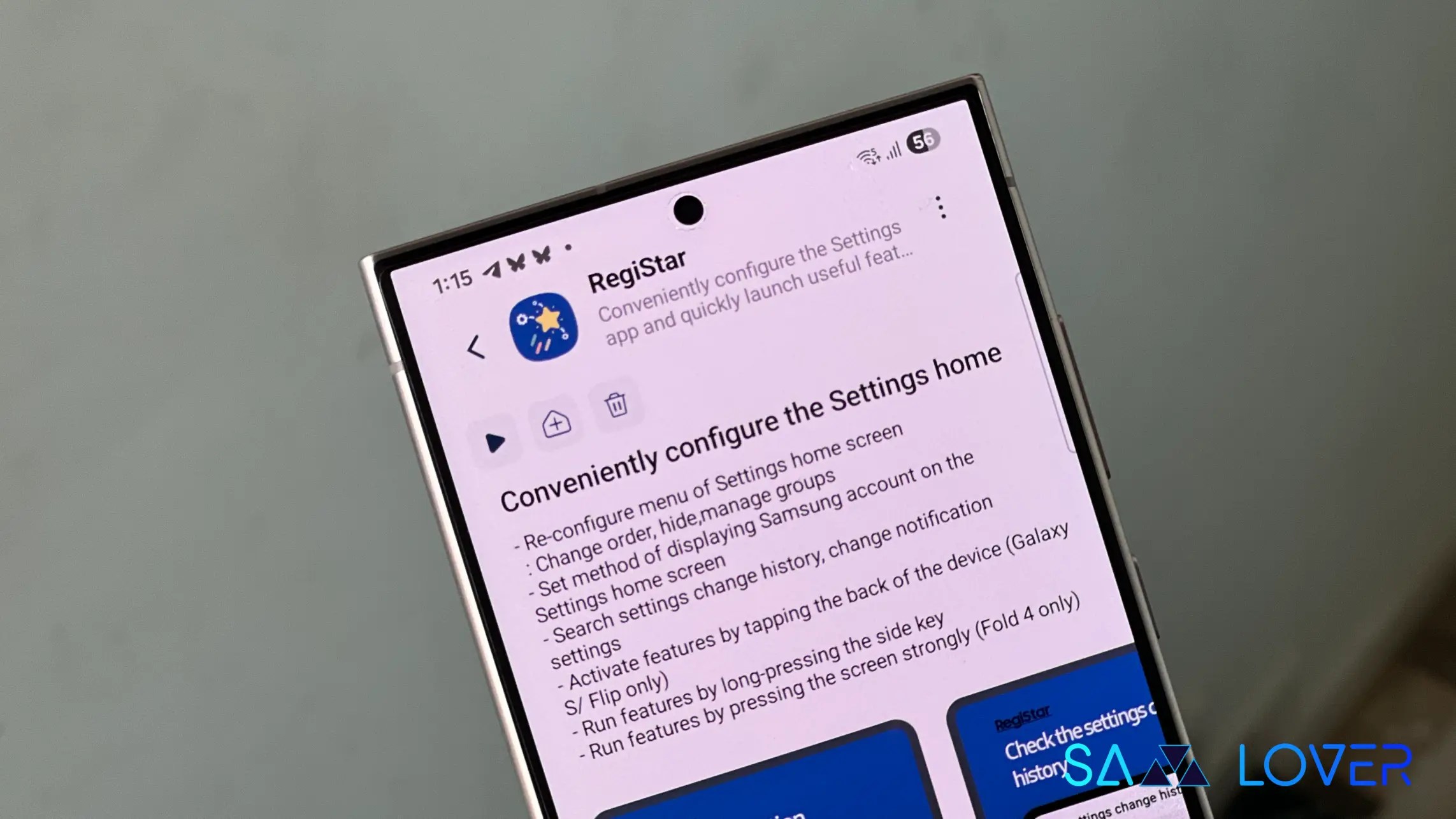A fledgling small launch startup is joining forces with a severely depleted Special Purpose Acquisition Company (SPAC) trust in a bid to achieve the improbable: going public in a deal purportedly valued at $400 million, as per their announcement.
Innovative Rocket Technologies Inc. (iRocket) and BPGC Acquisition Corp., a special purpose vehicle company backed by former Commerce Secretary Wilbur Ross, aim to finalize the transaction by the fourth quarter of this year.
Notably, the SPAC has been largely drained of its funds after raising $345 million in its initial public offering (IPO) in March 2021. As revealed in a September 2024 filing with the U.S. Securities and Exchange Commission, the SPAC had returned a significant portion of its funds to shareholders due to its failure to secure an acquisition target by September 2024, leaving it with $30.5 million in trust.
However, a mere 16 days later, the company disclosed in an 8-K filing that an additional $28.8 million had been redeemed, resulting in the trust holding a mere 0.5% of its original amount, or $1.6 million, as of that date. The remaining shareholders, primarily the SPAC’s sponsors, agreed at that time to extend the deadline for finding an acquisition target to March 2026.
iRocket, once a buzzworthy startup due to its backing by venture capital firm Village Global, which boasts billionaires like Bill Gates, Eric Schmidt, and Reid Hoffman among its limited partners, is now an unexpected target for a take-public deal.
Despite this, iRocket is a surprising choice for a public listing. The company has secured only a few million dollars in venture funding, according to PitchBook, in an industry notorious for being highly capital-intensive. Since its inception in 2018, it has yet to conduct a single test flight of its Shockwave launch vehicle, and has been surpassed by other firms like Stoke Space and Firefly, which are better capitalized and further along in their hardware development.
The market landscape has also shifted: as of 2023, iRocket described Shockwave as capable of carrying 300 kg to 1,500 kg payloads, but this space has become increasingly crowded with vehicles like Firefly’s Alpha and Rocket Lab’s Electron, both of which have successfully flown customer payloads. If iRocket can deliver on the rest of its value proposition — full reusability, rapid refurbishment, and 24-hour responsiveness — it could prove highly competitive, but achieving these goals will be a challenging task.
Techcrunch event
San Francisco
|
October 27-29, 2025
The New York-based startup currently lists just four employees, excluding board members, on LinkedIn, and has secured contracts including an $18 million deal with the Air Force Research Lab and a $1.8 million contract with the Space Force. A PR firm representing iRocket and the SPAC declined to respond to TechCrunch’s inquiries.
The special purpose acquisition vehicle has a chequered past, having previously operated under the name Ross Acquisition Corp II and attempted to take public biopharma company Aprinoia Therapeutics in January 2023, only to terminate the deal eight months later. After failing to complete a transaction, the NYSE initiated delisting proceedings against the SPAC last March.
RAC II subsequently changed its name to BPGC Acquisition Corp. and now has until March 2026 to finalize a deal.
Given the SPAC’s current cash reserves, if iRocket’s existing shareholders expect to receive significant cash for their equity, the two parties will need to secure a substantial amount of funding from private equity investors in a PIPE (private investment in public equity) round.
Source Link





